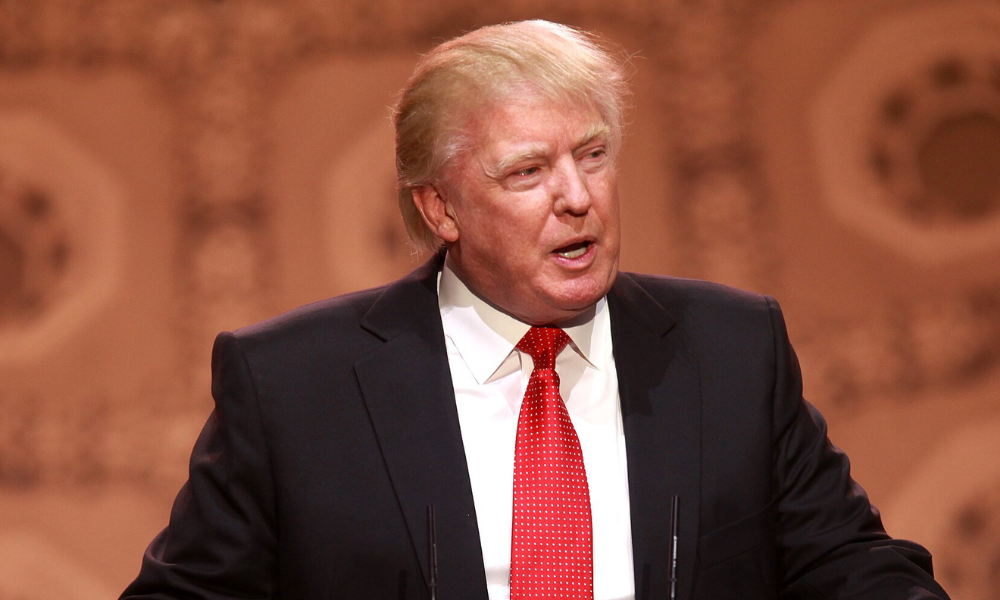
Litigation signals broader constitutional reckoning as elite law firms reject executive retaliation

When Perkins Coie challenged the Trump administration’s controversial executive order in court earlier this month, it stood alone. Now, two more of the United States’ most prominent law firms – WilmerHale and Jenner & Block – have joined the legal battle, launching lawsuits that accuse the federal government of retaliating against lawyers for representing disfavoured clients.
The lawsuits, filed Friday in Washington, D.C., are a direct response to executive orders signed by former President Donald Trump that bar the firms from holding government contracts, restrict access to federal facilities, and suspend security clearances for dozens of lawyers. The measures, aimed at firms with historical ties to Democratic causes or special counsel investigations, have shaken the US legal establishment and ignited debate over how the profession should respond.
“At the heart of the order is an unconstitutional attack on a cornerstone of democratic society: the right to counsel,” said Jenner & Block in a statement announcing the suit. “The government should not be in the business of punishing law firms for the clients they represent or the arguments they advance.”
WilmerHale, represented by former US Solicitor General Paul Clement, echoed the sentiment, characterizing the order as “an assault on legal advocacy, institutional independence, and the adversarial system itself.”
The Trump orders – first targeting Perkins Coie and then extended to Jenner & Block, WilmerHale, and others including Covington & Burling and Paul, Weiss – mark an extraordinary intervention into the private legal market. Firms found themselves navigating not only commercial risk but constitutional crisis, forced to decide whether to negotiate behind closed doors or fight in open court.
Paul, Weiss opted for the former, agreeing to provide pro bono services aligned with Trump administration priorities in exchange for rescinding the order. Skadden Arps is reportedly pursuing a similar path. Perkins, in contrast, has seen a mix of lost clients and public support since it filed suit in early March. According to public statements, the firm believes the executive order has imperilled its capacity to serve longstanding clients in areas such as intellectual property and regulatory defence.
WilmerHale and Jenner & Block appear to be facing similar pressures. Jenner & Block’s complaint notes that nearly 40 per cent of its annual revenue is derived from clients who are government contractors or who engage frequently with federal departments. WilmerHale lawyers, meanwhile, regularly handle sensitive matters that require security clearance – including regulatory litigation, white-collar defence, and national security files.
“The president cannot punish legal counsel for simply doing their jobs,” Clement said in a statement. “This litigation is not political. It is about protecting the fundamental independence of the bar.”
While Trump administration officials have framed the orders as necessary to eliminate conflicts of interest and enforce government integrity, critics argue the measures are thinly veiled efforts to intimidate lawyers and consolidate executive influence.
“The legal profession is at a crossroads,” said Bob Bauer, former White House counsel and now a professor at New York University. “These executive orders are exercises in political retribution. The question is whether firms will capitulate or stand for the principles they claim to uphold.”
Early indications suggest a divide is forming within the legal community. While some firms have moved to limit risk through backchannel negotiations, others, like Perkins Coie, Jenner & Block and WilmerHale, are choosing public confrontation.
The broader implications may extend far beyond these firms. Should courts uphold the executive orders, legal experts warn it could set a precedent for penalising lawyers and clients based on political associations – undermining principles of solicitor-client privilege, freedom of association, and equality before the law.
For now, all eyes are on the federal courts. A judge recently granted Perkins Coie a temporary injunction, suspending enforcement of the executive order against it. WilmerHale and Jenner & Block are seeking similar relief, hoping the courts will reaffirm that government power cannot be used to chill legal advocacy or control the marketplace of legal ideas.
“These are not merely business decisions,” said one partner at a major Canadian firm watching the case closely. “They are tests of professional conviction – how much a firm is willing to risk to defend its values.”